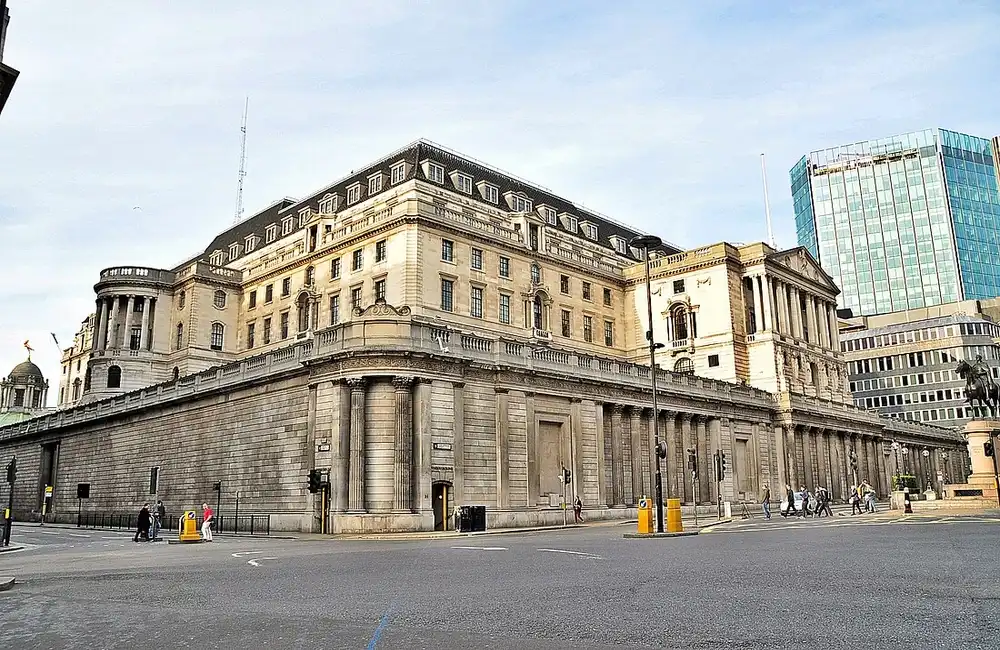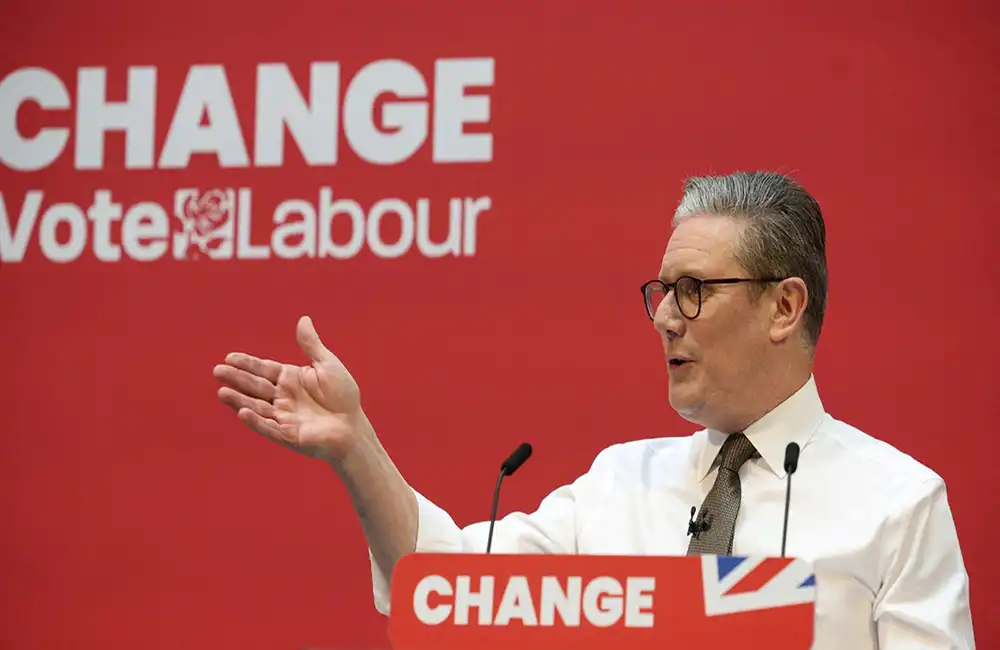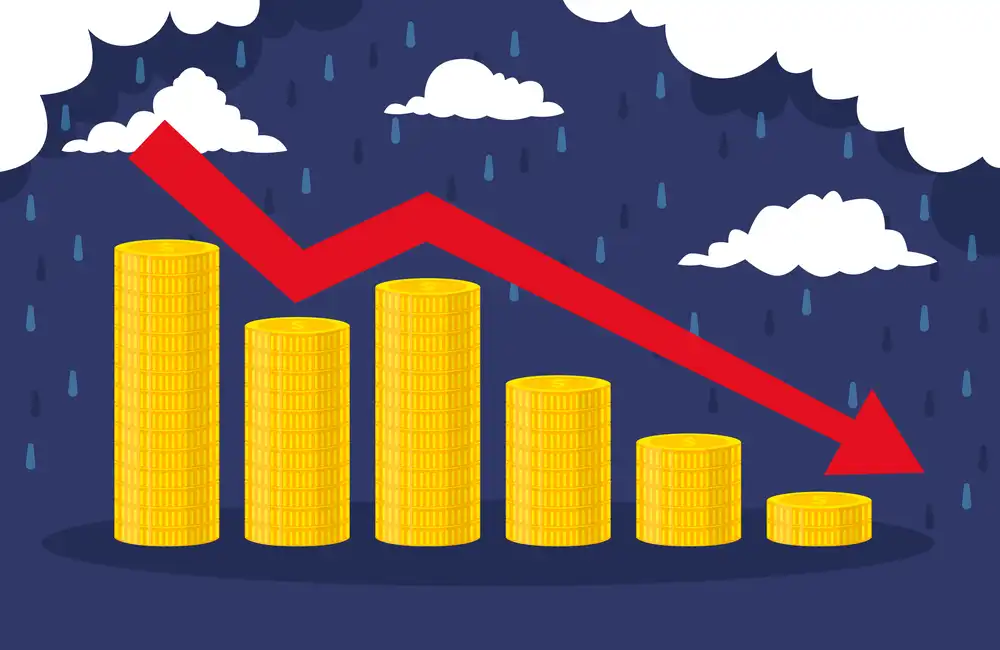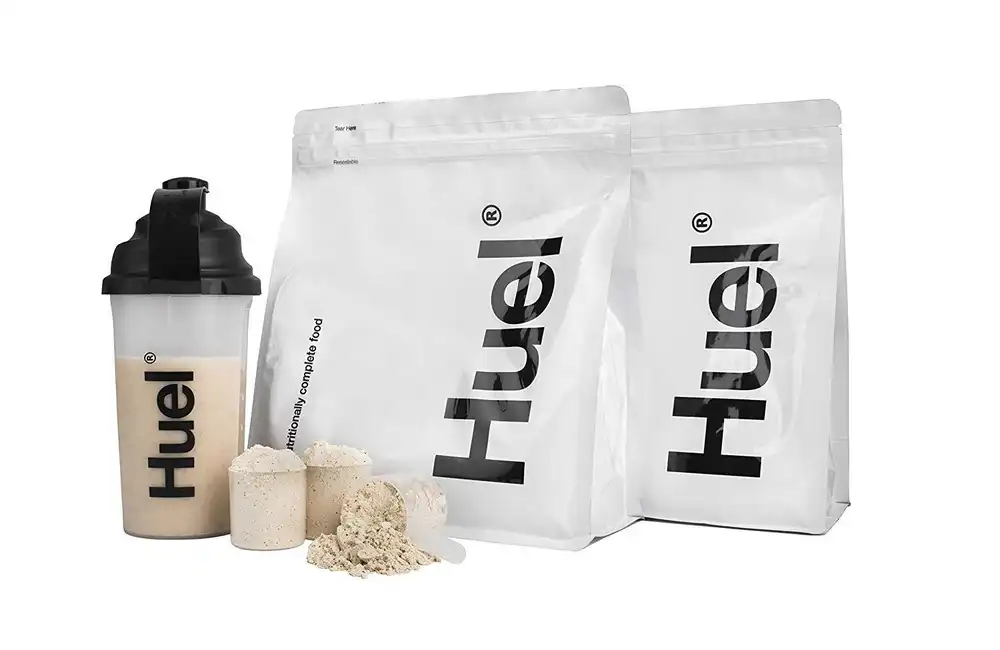Revolut disclosed a 2% decrease in total debit card spending during the week ending 13 April 2025 which fuels renewed worries about UK consumer confidence during persistent economic uncertainty.
Services and entertainment spending experienced the largest drops at -15% and -9% respectively, indicating shifts in consumer spending patterns within main discretionary areas.
A Closer Look at the Decline
Following a week of steady consumer spending levels the previous week, debit card expenditure decreased by 2%. A combination of seasonal patterns with economic conditions and psychological influences brings about a significant change in consumer sentiment.
Consumer spending showed minor growth in multiple categories during the week ending 6 April which commonly occurs following Easter. However, the latest figures signal a reversal. The decrease in consumer confidence due to ongoing inflation worries alongside elevated interest rates and broad cost-of-living pressures stands as a possible explanation. According to recent data from the Office for National Statistics (ONS), consumer price inflation continues to stay at a persistent 6.4% rate which restricts household disposable income and leads to more careful consumer behaviour.
The historical pattern shows that April spending changes occur because households move from initial financial goals to planning for summer vacations. The intense drop in service and entertainment sector performance points to deeper structural economic challenges.
Sector-Specific Insights
Services (-15%)
The services sector experienced its most significant decline with a 15% decrease in activity from last week. Personal care services, professional service offerings and travel booking platforms all experienced reduced demand.
- Personal Care: A significant number of consumers have opted to delay their salon appointments while others seek less expensive service alternatives.
- Professional Services: Both households and businesses are cutting back on non-essential expenditures such as financial consultations and private tutoring because of restricted budgets.
- Travel: The Easter holiday period typically drives higher travel demand but rising airfare and fuel prices appear to be reducing bookings for future journeys.
Entertainment (-9%)
Households and businesses spent less on entertainment activities such as cinema tickets along with event bookings and streaming service subscriptions. This category's decreases serve as an early warning signal for consumer financial difficulties due to its non-essential nature.
- Larger events experience lower attendance numbers because ticket prices stay elevated.
- As households focus their spending on essential expenses they start to reduce their recreational activities which include entertainment combined with dining.
- Unseasonable cold weather and ongoing train strikes also discouraged participation in leisure activities.
Implications for the Broader Economy
A reported 2% decrease in weekly spending prompts key inquiries into the UK economy's current condition. Consumer sentiment and economic strength indicators frequently manifest through discretionary spending areas such as services and entertainment.
- Pressure on Growth: The decrease in expenditures for non-essential items threatens to lower GDP statistics which may impede the progress of economic recovery.
- Inflation Challenges: Price increases in services and entertainment may moderate due to decreased demand yet the overall effect on inflation remains unclear if cost-push inflation prevails.
- Monetary Policy Decisions: Bank of England policymakers may reconsider future rate hikes if weakening consumer demand persists.
Revolut's Data as a Consumer Behaviour Monitor
Revolut leads digital banking and financial services with more than 25 million users worldwide including a large user base in the UK. Its expansive transaction database offers real-time analysis about consumer behaviour patterns.
Revolut combines traditional banking services and advanced financial technology to offer granular insights across various demographics—surpassing many traditional banking institutions.
Its reports are used by both policymakers and investors to make informed decisions while navigating a volatile economy. By providing a breakdown of spending by category, Revolut becomes an essential tool for market analysis.
Outlook and Areas of Focus
The latest decrease in Revolut debit card expenditures heightens concerns over the resilience of UK consumer spending. Several themes emerge for closer monitoring:
- Uncertainty in the Services Sector: This vital GDP contributor will need careful oversight.
- Summer Preparations: Confidence levels will become clearer as households prepare for holidays.
- Inflation and Policy: Q2 outcomes depend on how inflation trends and spending habits interact.
Whether spending rebounds or deteriorates further will determine policy direction and business strategies in the months ahead.
Final Thoughts
Revolut’s data underscores the growing role of fintech in shaping economic understanding. The latest drop in discretionary spending should prompt businesses to consider adaptable pricing strategies and for policymakers to closely monitor middle-income household pressure points.
As 2025 progresses, real-time data from digital financial platforms will become essential in developing practical responses to shifting economic conditions across the UK.




















